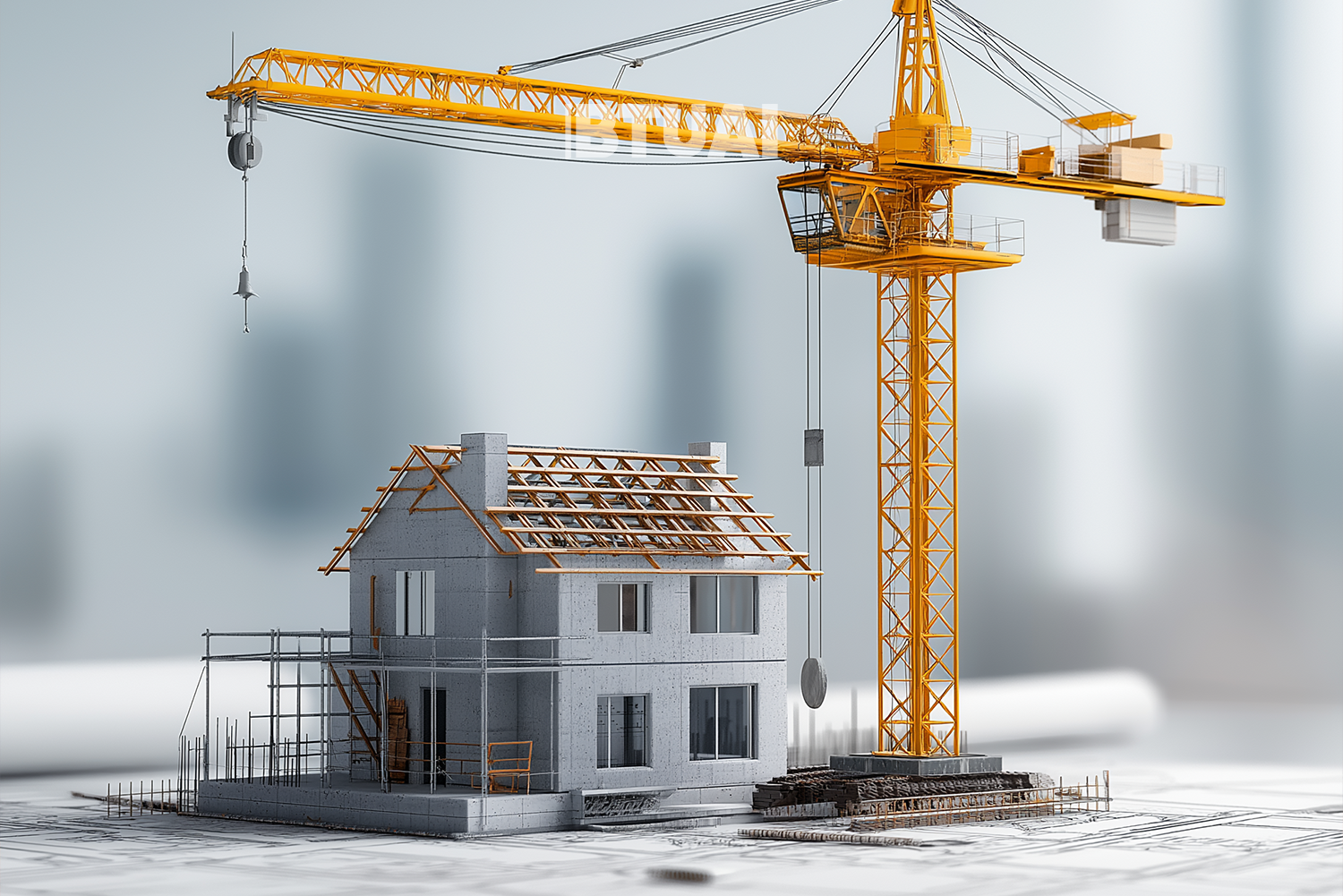Why Are 81% of Apartments Sold Before Completion in Tbilisi?
In 2025, Tbilisi’s real estate market is witnessing a dramatic and defining shift: 81% of apartments in projects due

In 2025, Tbilisi’s real estate market is witnessing a dramatic and defining shift: 81% of apartments in projects due for completion this year have already been sold—that’s four out of every five units secured before construction even finishes. This phenomenon highlights not just a booming demand but also a deeper structural transformation in the city’s housing dynamics.
According to Galt & Taggart’s June market review, which analyzed over 135 residential projects, new developments in Tbilisi are selling at near-automatic pace. Several forces are fueling this trend:
Key Drivers Behind Pre-Completion Sales
- Increased migration, including both internal urbanization and international relocation, continues to expand the city’s population base.
- Growing interest from foreign investors, especially from countries like Israel, is reshaping buyer demographics.
- For many locals, real estate remains the most reliable store of value, especially in an environment with limited financial instruments and high currency risks.
Flexible Financing is Fueling Access
Nearly half of all new apartment sales are made through internal developer installment plans—a major shift in affordability. These payment schemes:
- Offer access to those unable to secure bank loans,
- Allow buyers to pay gradually during construction,
- Broaden participation in the market and diversify the buyer base.
This model has opened up home ownership for many who were previously locked out, especially in a market where prices have continued to rise.
Sales Growth: A Surge in May
In May 2025, apartment sales saw a year-over-year growth of 48.1%. While this is partly due to a low base in May 2024—when the market faced construction delays and a slowdown—it also underscores renewed momentum and the presence of new demand activators: international buyers, investor capital, and faster-moving developers.
A New Urban and Economic Reality
Today, Tbilisi isn’t just a city where people buy homes—it has become a real estate-driven economic hub. Apartments are purchased at the earliest construction phases, and entire complexes are viewed as tools of financial security. The fast pace of pre-completion sales motivates developers to launch new projects, which in turn intensifies market competition and innovation.
Emerging Risks and Policy Challenges
However, this momentum raises new concerns:
- Overheating risks in the market,
- Price sustainability and long-term affordability,
- Social equity challenges, as rising prices may push lower-income residents out of the urban core.
In this rapidly evolving environment, housing policy and state regulation will play a crucial role in maintaining balance. While the market currently offers buyers unprecedented opportunities, a new social contract may be needed—one that ensures broader access and fair participation in Tbilisi’s changing real estate landscape.




